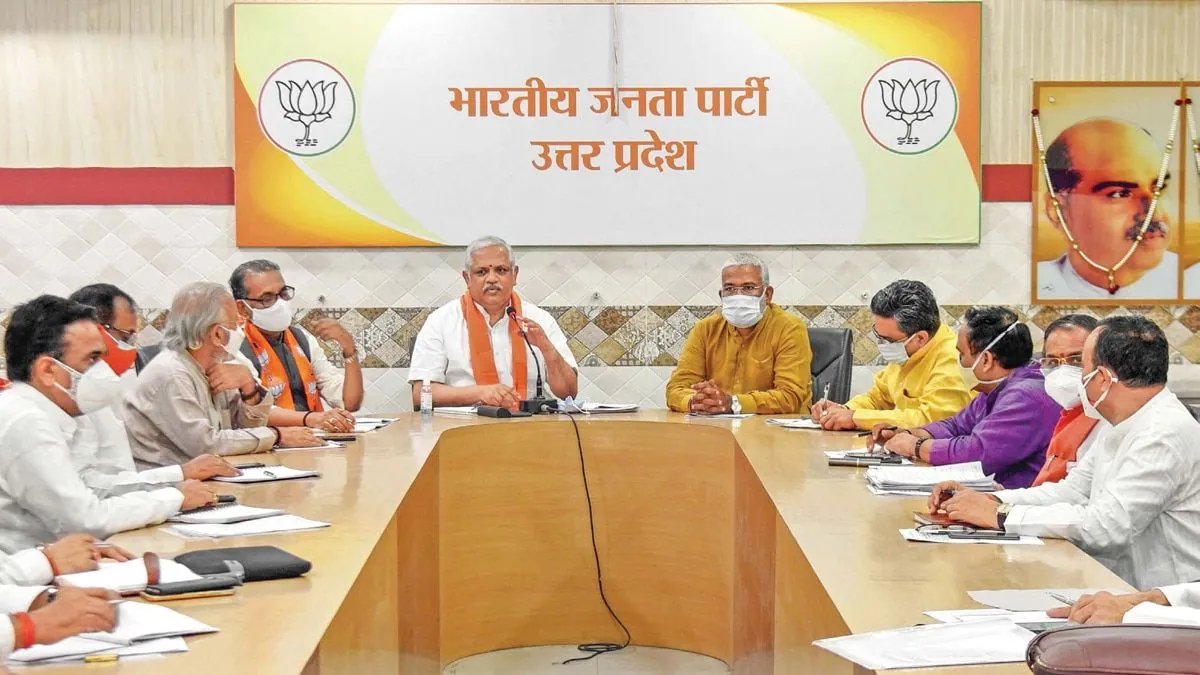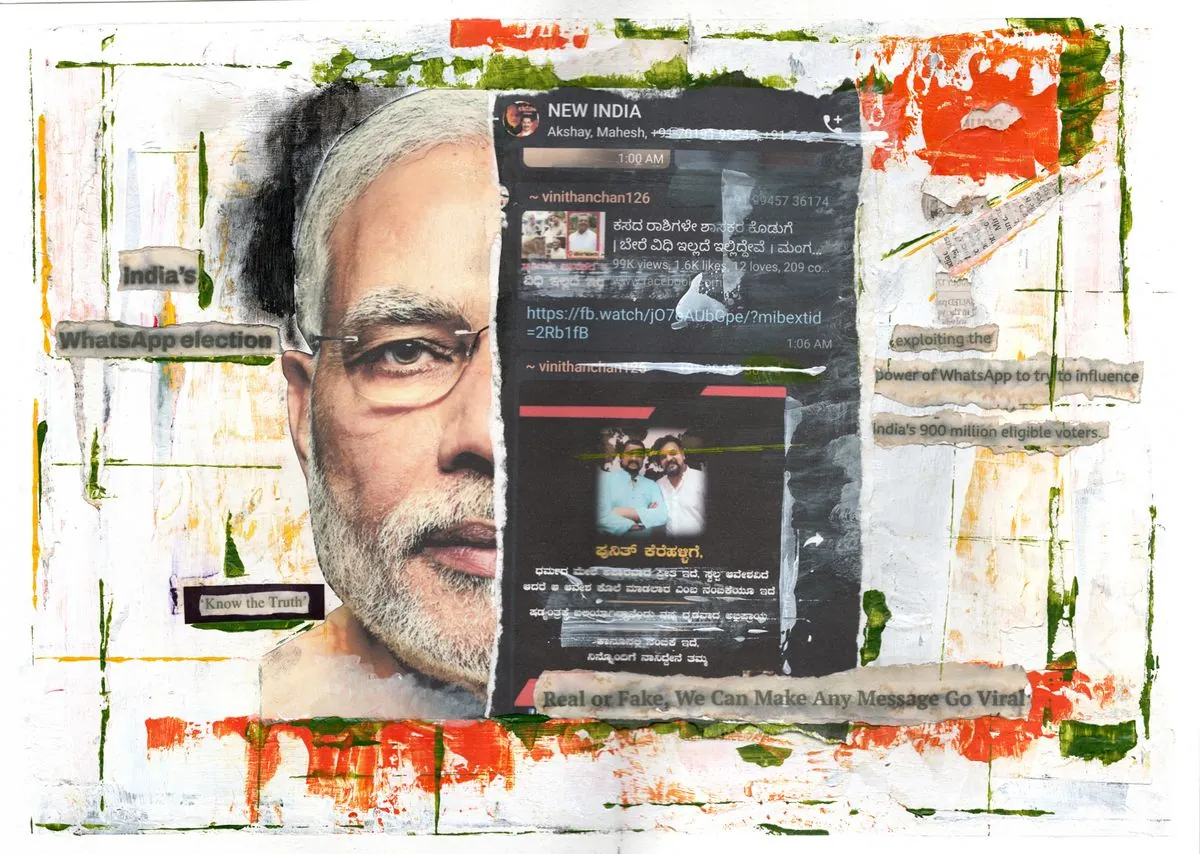BJP's Global Outreach: Bridging Gaps with Western Conservatives
India's BJP explores cooperation with Western right-wing parties, marking a shift in international engagement. This move presents opportunities and challenges for both sides, potentially reshaping global conservative alliances.

The Bharatiya Janata Party (BJP), India's ruling party, is exploring potential collaboration with right-wing parties in the West. This development comes as conservative movements gain momentum in Europe and the United States. The recent National Conservatism Conference in Washington, held in early July 2024, saw the participation of two prominent BJP intellectuals, Ram Madhav and Swapan Dasgupta, marking a significant step in this direction.
This engagement represents a departure from India's traditional international political connections, which have historically been dominated by left-leaning ideologies. The BJP, founded in 1980, has emerged as a powerful force in Indian politics, with over 180 million registered members, making it the world's largest political party.
The potential for cooperation between the Indian and Western right presents both opportunities and challenges:
- Expanded international engagement for Indian conservatives
- More nuanced understanding of Western politics for the BJP
- Broader support base for Western right in non-Western countries
- Improved understanding of India's political landscape for Western conservatives
However, significant obstacles remain:
- Cultural and religious differences
- Concerns about minority rights in India
- Divergent views on economic policies and governance

The historical context of India's international political engagement provides insight into this new development. In the early 20th century, Indian nationalists across the political spectrum sought international support to challenge British rule. For instance, in 1941, Subhas Chandra Bose allied with Nazi Germany, prioritizing anti-British sentiment over ideological alignment.
The BJP's international outreach has evolved from focusing on the Indian diaspora to engaging with a wider range of international actors. This latest move towards Western conservatives could add a right-wing dimension to India's modern internationalism.
"God, religion, tradition, family, patriotism, and nationalism" are values that could bind the Indian and Western right, along with a shared critique of liberal dominance in public policies and discourse.
Despite the challenges, this engagement could lead to a more sophisticated understanding of Western societies among Indian conservatives. It may help the BJP appreciate the diverse political landscape in the West, moving beyond the perception of a monolithic Western stance towards India.
For Western conservatives, engaging with the BJP offers an opportunity to better understand one of the world's rising powers. As Walter Russell Mead noted, comprehending the BJP's ideology is crucial for both economic and diplomatic relations with India.
While the path to cooperation is fraught with obstacles, including differences over religious conversion and minority rights, the recent exchange at the Washington conference may represent the first step towards a new era of conservative international collaboration. The power of India's billion-strong population, as Madhav suggested, could potentially stand with Western conservative colleagues in the future.


































